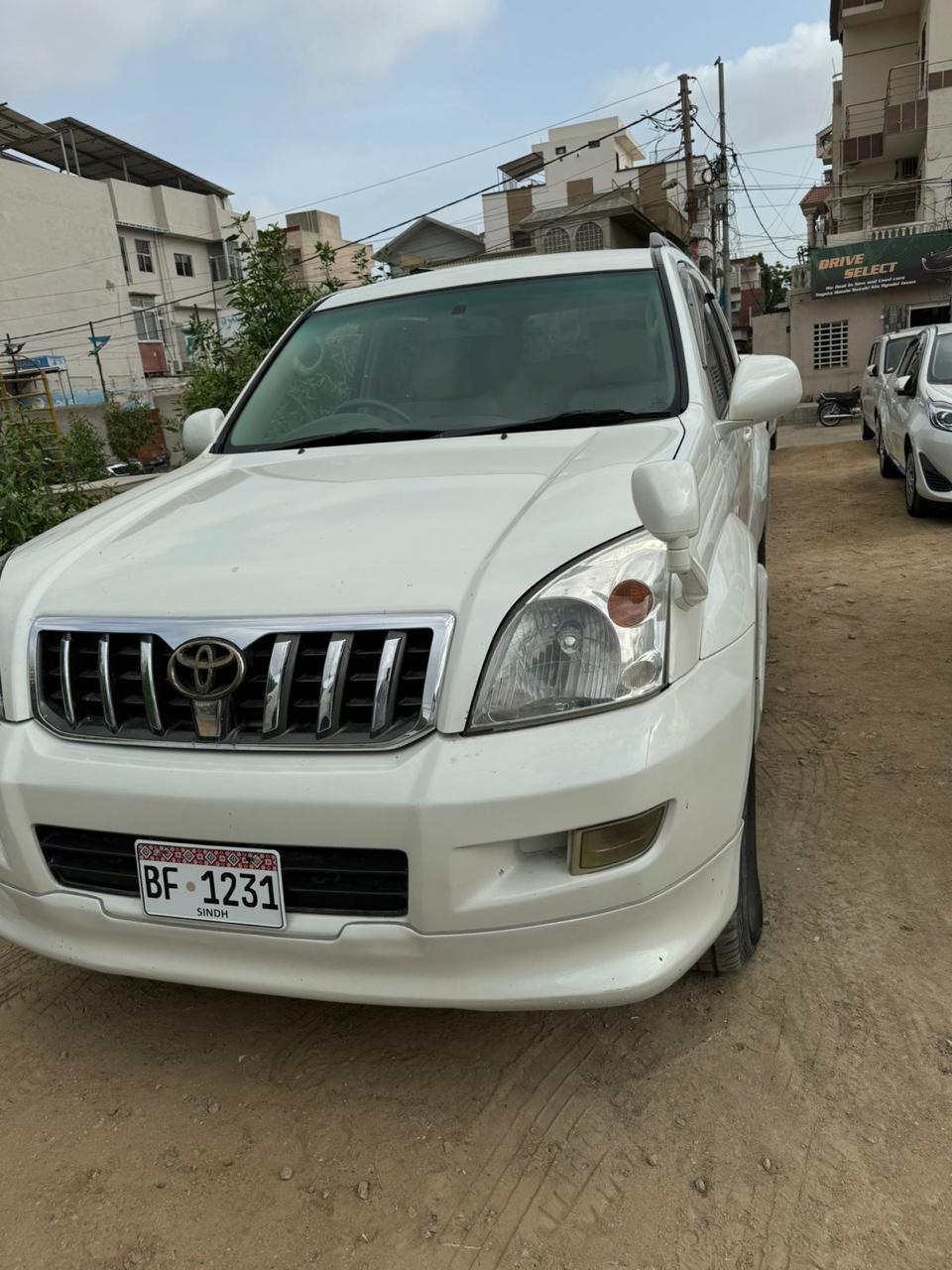How to Safely Sell Your Car Online Without Getting Scammed

Selling your car online offers convenience and a wide audience, but it also opens up potential risks if you don’t take the proper precautions. Scammers often target sellers, attempting to take advantage of the large sums of money involved in car transactions. To ensure a smooth and safe experience, you need to be aware of common scams during selling your car and how to avoid them.
Here are essential tips for safely selling your car online without getting scammed:
1. Choose a Trusted Platform
The first step to a safe online car sale is selecting a reliable platform. Well-known sites like FameWheels, PakWheels, OLX, or specialized marketplaces have security measures in place to protect buyers and sellers from fraud.
-
Avoid obscure or suspicious platforms: Stick to established sites that offer user verification, secure messaging, and fraud prevention systems.
-
Read reviews: Before listing your car on any platform, research other users’ experiences to ensure it’s reputable.
2. Verify Buyer Information
Once you have a potential buyer, it’s crucial to verify their identity to avoid scams:
-
Ask for basic details: Request the buyer’s full name, phone number, and any other contact information.
-
Check for red flags: Scammers may use fake identities or provide limited information. Be wary if the buyer avoids giving you personal details or insists on a quick transaction without asking questions about the car.
If something feels off, it’s best to walk away from the deal.
3. Communicate Through Secure Channels
Always use the platform’s internal messaging system for communication instead of switching to email or text messages immediately. Scammers often try to move the conversation off-platform to avoid detection.
-
Stay on-platform until payment is confirmed: Many platforms monitor communications for fraudulent activity, and using their messaging system adds a layer of security.
4. Meet in a Safe Public Place
When it’s time to meet the buyer for a test drive or to finalize the sale, always choose a public, well-lit location, such as a busy parking lot or outside a police station. If possible, bring a friend or family member along for added safety.
-
Never meet at your home: This protects your personal information and ensures that buyers can’t scope out your property.
-
Avoid secluded areas: Scammers might suggest meeting in isolated places to pressure or scam you more easily.
5. Beware of Fake Payment Methods
Payment scams are one of the most common ways sellers are defrauded online. To avoid getting scammed, insist on secure, verifiable payment methods.
-
Avoid wire transfers or checks: Scammers often use fraudulent checks or wire transfers, which can bounce after you’ve handed over the car. Wait until funds are confirmed by your bank before finalizing the sale.
-
Use cash or secure payment services: Cash is the safest payment option, but you can also use services like PayPal or bank transfers, as long as you confirm the funds are in your account before releasing the car.
6. Be Cautious of Overpayment Scams
A common scam involves a buyer offering to overpay for the car and asking you to return the extra money. Once you’ve refunded them, the original payment is often reversed, leaving you out of pocket.
-
Stick to the agreed price: Refuse any offers of overpayment or deals that seem too good to be true.
-
Report suspicious activity: If someone attempts to overpay or asks for money back, report them to the platform immediately.
7. Draft a Sale Agreement
Before handing over the car, make sure you and the buyer have a written sale agreement. This contract should include:
-
The car’s make, model, year, and VIN (Vehicle Identification Number)
-
The agreed sale price
-
The names and contact details of both parties
-
Any disclosures about the vehicle’s condition
Having a signed agreement protects both you and the buyer and reduces the risk of legal disputes later.
8. Avoid Unsolicited Offers
Once your car is listed online, you may receive unsolicited offers from unknown buyers or people outside your region. These offers are often scams, particularly if the buyer offers to pay immediately without asking for a test drive or car history.
-
Don’t rush: Take your time vetting buyers, especially if the offer comes out of nowhere or seems too good to be true.
-
Ignore overseas buyers: Scammers may pretend to be buyers from another country offering to buy the car unseen. These scams often involve fake wire transfers or shipping arrangements.
9. Protect Your Personal Information
Be careful not to reveal too much personal information during the sale process. Scammers can use your details for identity theft or fraud.
-
Limit information in your ad: Only include essential details, such as the make, model, and mileage of the car. Avoid listing your home address, full name, or contact details.
-
Use temporary phone numbers: Consider using a separate phone number or email address for the sale to protect your privacy.
10. Watch for Phishing Scams
Some scammers may try to trick you into clicking on links or downloading attachments that steal your personal information. These phishing attempts often come through email or messaging apps.
-
Avoid clicking on suspicious links: Only respond to buyers who contact you through the platform’s messaging system.
-
Don’t download attachments: Scammers might send fake documents or payment confirmations with malware attached.
11. Confirm Transfer of Ownership
After the sale, it’s important to ensure the transfer of ownership is completed correctly. This step protects you from future liabilities, such as parking tickets or accidents involving the car after it’s sold.
-
Complete all paperwork: Depending on your location, you may need to sign documents with the buyer at the local Department of Motor Vehicles (DMV) or an equivalent office.
-
Notify the authorities: Once the sale is finalized, inform the relevant local authorities to remove your name from the car’s registration. This way, you won’t be held responsible for future incidents involving the car.
12. Trust Your Instincts
Finally, if something feels wrong during any part of the process, trust your instincts. Scammers often pressure sellers into making quick decisions by offering extra money, making rushed transactions, or avoiding in-person meetings.
-
Don’t be afraid to walk away: It’s better to miss out on a sale than fall victim to a scam.
Conclusion
Selling your car online can be a safe and profitable experience, as long as you take precautions to avoid scams. By following these tips—choosing a trusted platform, verifying buyer information, protecting your personal details, and using secure payment methods—you can confidently sell your car and avoid falling prey to fraudulent schemes.




